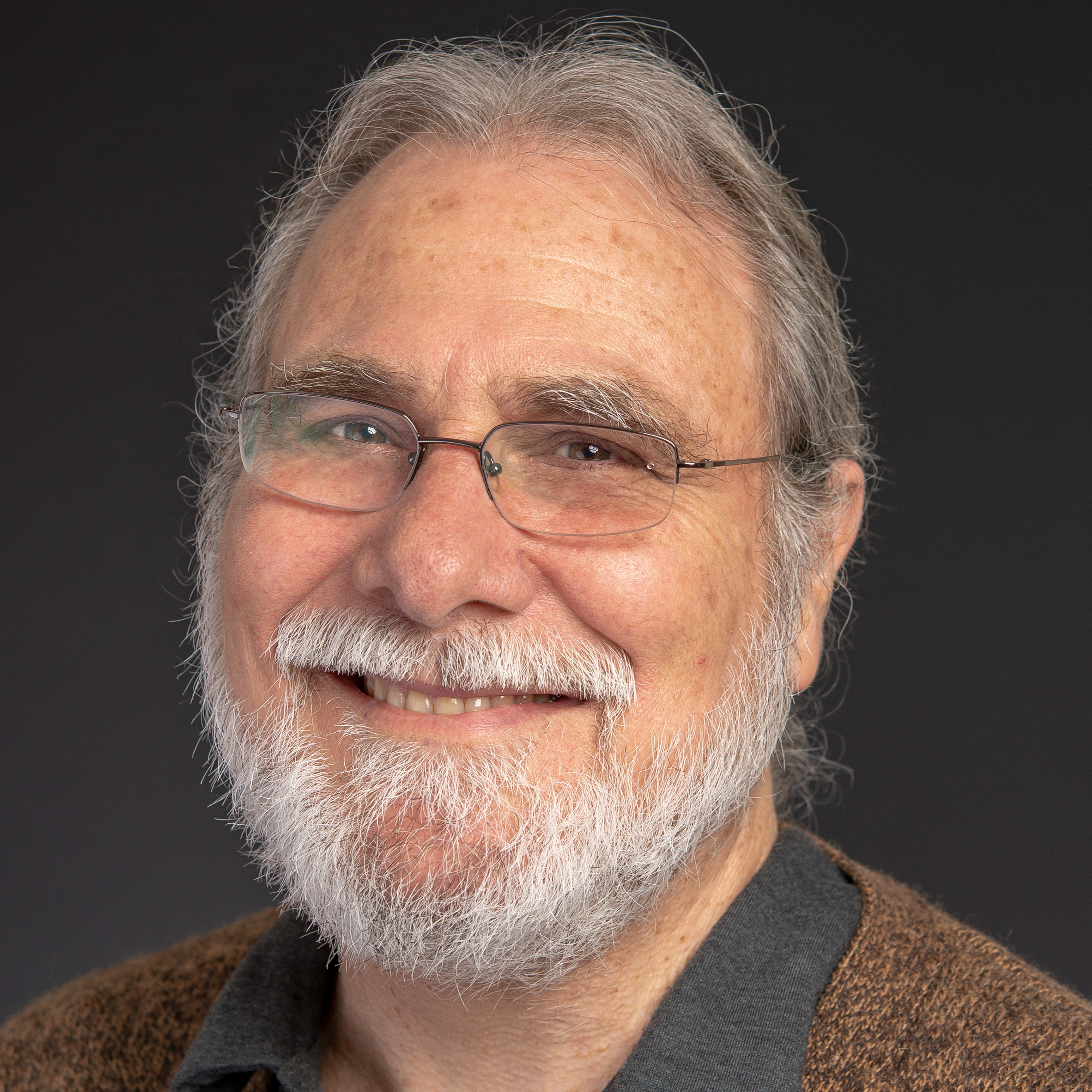Philip Morrison
- Professor
- Texas Atomic Energy Research Foundation Professorship
- Physics

Contact Information
Research
- Basic nonlinear plasma dynamics; Hamiltonian dynamics of few and infinite degree-of-freedom systems; fluid mechanics.
Philip Morrison is a mathematical and theoretical physicist with a wide range of interests. Naturally skeptical, he derives the most satisfaction from scientific work that demonstrates mathematical rigor or is closely aligned with experimental data. As a member of the Institute for Fusion Studies, Morrison has engaged in both basic and applied plasma physics research. He has also been associated with the Geophysical Fluid Dynamics Program for twenty years, contributing to both fundamental and applied fluid mechanics problems as a member of its faculty.
Morrison’s research has extensively explored the nonlinear Hamiltonian dynamics of systems with both few and infinite degrees of freedom. He finds particular interest in theoretical nonlinear dynamics, specifically Hamiltonian chaos theory. In addition, he has worked on the development and application of advanced computational algorithms, partly through his affiliation with the Oden Applied Mathematics Group.
Research Areas
- Energy
- Mathematics
Fields of Interest
- Plasma/Fusion Physics
- Biophysics & Nonlinear Dynamics
- Mathematical Physics
Centers and Institutes
- Institute for Fusion Studies
- Oden Institute for Computational Engineering and Sciences
Education
- Ph.D., University of California, San Diego (1979)
Publications
Some Recent Publications
M. Mugnaine, I. L. Caldas, J. D. Szezech, R. L. Viana, and P. J. Morrison, “Shearless Effective Barriers to Chaotic Transport Induced by even Twin Islands in Nontwist Systems,” Phys. Rev. E. 110, 044201 (9pp) (2024).
A. Fathi, P. J. Morrison, T. M-Seara, S. Tabachnikov eds. Hamiltonian Systems: Dynamics, Analysis, Applications, Mathematical Sciences Research Institute Publications #72, (Cambridge University Press, Cambridge, 2024).
A. Zaidni, P. J. Morrison, and S. Benjelloun, “Thermodynamically Consistent Cahn-Hilliard-Navier-Stokes Equations using the Metriplectic Dynamics Formalism.” Physica D 468, 134303 (11pp) (2024).
N. Sato and P. J. Morrison, “A Collision Operator for Describing Dissipation in Noncanonical Phase Space,” Fundamental Plasma Physics 10, 100054 (18pp) (2024).
P. J. Morrison and M. H. Updike, “An Inclusive Curvature-Like Framework for Describing Dissipation: Metriplectic 4-Bracket Dynamics,” Physical Review E 109, 045202 (22pp) (2024).
W. Barham, Y. G¨u¸cl¨u, P. J. Morrison, and E. Sonnendr¨ucker, “A Self-Consistent Hamiltonian Model of the Ponderomotive Force and its Structure Preserving Discretization,” Physics of Plasmas 31, 013905 (25pp) (2024). Selected as Editor’s Pick.
D. A. Kaltsas, A. Kuiroukidis, P. J. Morrison, and G. N. Throumoulopoulos, “Axisymmetric Hybrid Vlasov Equilibria with Applications to Tokamak Plasmas,” Plasma Physics and Controlled Physics 66, 065016 (11pp) (2024).
Awards
- 2024 John Dawson Award for Excellence in Plasma Physics, American Physical Society
- 2018 MSRI Research Professor, Mathematical Sciences Research Institute, Berkeley, CA
- 2018 Faculty Research Assignment, University of Texas at Austin
- 2017–2021 Fellow of Texas Atomic Energy Research Foundation Professorship
- 2016 Alexander von Humboldt Research Award (Forschungspreis Career Award), Germany
- 2014 Rom Rhome International Professional Development Award
- 2013 Agostinelli International Prize (Mathematical Physics), Accademia Nazionale dei Lincei, Rome, Italy
- 2013–2017 Fellow of the Elizabeth B. Gleeson Professorship in Physics
- 2013 College of Natural Sciences Teaching Excellence Award
- 2012 Honored by Special Issue of CNSNS 17 (5)
- 2011 Chair’s Fellow, Department of Physics, The University of Texas at Austin
- 2009 Props for Profs, Certificate of Appreciation for Physics 302L
- 2006 Dean’s Fellow, College of Natural Sciences, The University of Texas at Austin
- 1992 Fellow of the American Physical Society
- 1988 Dad’s Association Centennial Teaching Fellowship
- 1984 Max Planck Society Scholarship, Garching, Germany
- 1982 Natural Sciences Council Teaching Excellence Award
